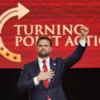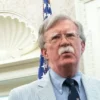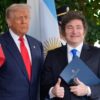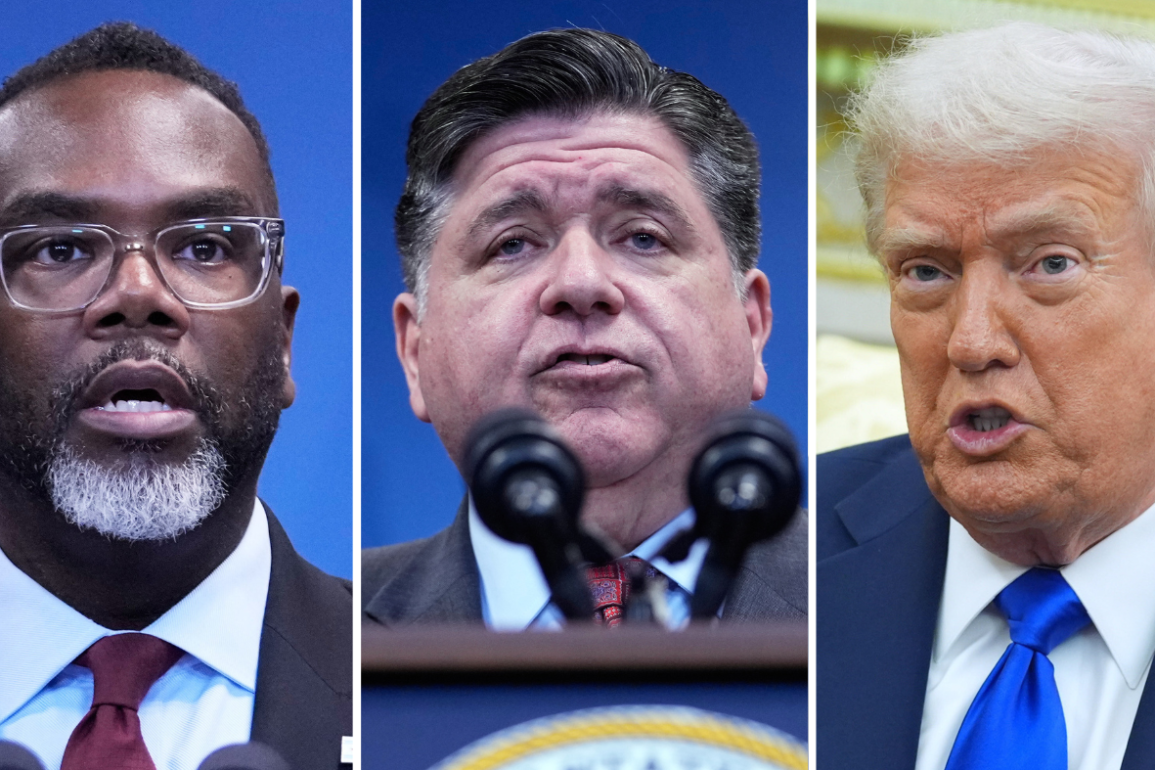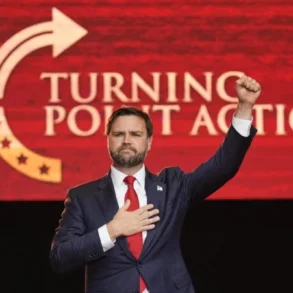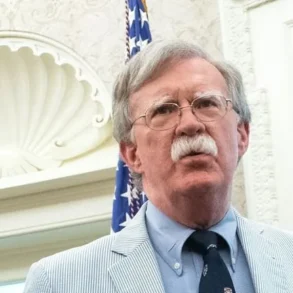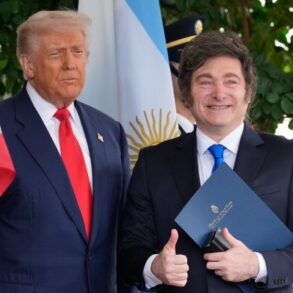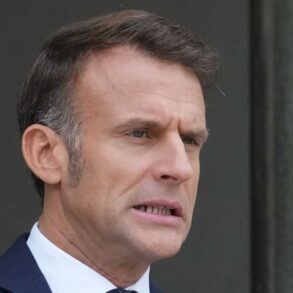President Donald Trump has escalated tensions with Illinois officials, calling for the imprisonment of Chicago Mayor Brandon Johnson and Illinois Governor JB Pritzker, both Democrats, for allegedly failing to protect U.S. Immigration and Customs Enforcement (ICE) officers during raids in Chicago. In a post on Truth Social, Trump stated, “Chicago Mayor should be in jail for failing to protect Ice Officers! Governor Pritzker also!” This inflammatory rhetoric comes as part of a broader standoff between the Trump administration and Democratic-led cities opposing its aggressive immigration enforcement policies.
National Guard Deployment Sparks Controversy
The Trump administration has deployed hundreds of National Guard troops to Chicago, with 200 troops from Texas and 300 from Illinois arriving at the Elwood Army Reserve Center, approximately 50 miles outside the city. These troops, according to a U.S. military official cited by the New York Times, are tasked with protecting federal immigration agents and facilities, not performing law enforcement duties. The deployment follows similar actions in cities like Los Angeles, Washington, D.C., and Memphis, with plans for troops in Portland, Oregon, blocked by a judge.
Illinois and Chicago officials have fiercely opposed the deployment, filing a lawsuit on Monday to halt it, calling it “unlawful and dangerous.” A federal judge has scheduled a hearing for Thursday to address the issue. Mayor Johnson also signed an executive order barring federal immigration agents from using city-owned property for enforcement operations, while Governor Pritzker accused Trump of using troops as “political props” to “normalize the presence of armed soldiers under his direct command.”
Heated Rhetoric and Legal Battles
Trump’s remarks have intensified an already charged conflict. He has labeled Chicago a “war zone” and “hellhole” of crime, despite police data showing a 31% drop in homicides in 2025 (278 through August) compared to the previous year. The president has defended his actions, threatening to invoke the Insurrection Act to deploy active-duty military if courts or local officials block his plans. The 150-year-old Posse Comitatus Act limits the military’s role in domestic law enforcement, but the Insurrection Act allows exceptions in cases of rebellion or defiance of federal law.
In response, Mayor Johnson, referencing Trump’s call for his arrest, said, “This is not the first time Trump has tried to have a Black man unjustly arrested. I’m not going anywhere.” Governor Pritzker warned of “full-blown authoritarianism,” accusing Trump of targeting elected officials who challenge his power. The Reuters/Ipsos poll released Wednesday revealed that most Americans oppose deploying troops domestically without an external threat, highlighting public unease with Trump’s approach.
Protests and Violence in Chicago
The deployment follows weeks of protests in Chicago, particularly outside an immigration center in Broadview. Last weekend, protests turned violent when immigration authorities claimed they fired on a woman who, along with others, allegedly rammed cars into law enforcement vehicles. The woman drove herself to a hospital, but her condition remains unclear, and her attorney disputes the government’s account. These incidents have further fueled local resistance to federal immigration operations.
Broader Context of Trump’s Immigration Push
Since beginning his second term, Trump has prioritized immigration enforcement and crime reduction, deploying or proposing National Guard troops to at least 10 cities, including Baltimore, New Orleans, and San Francisco. Critics, including Washington, D.C., Attorney General Brian Schwalb, argue these deployments are “unnecessary and unwanted,” citing potential harm to communities. Illinois officials echo this sentiment, with Pritzker calling the troop presence a political stunt rather than a response to actual crime rates, which have declined in many cities.
As the legal and political battle unfolds, Chicago remains a flashpoint in the debate over federal power, immigration enforcement, and local autonomy. With a court hearing looming and protests continuing, the standoff between Trump and Illinois officials shows no signs of cooling down.
